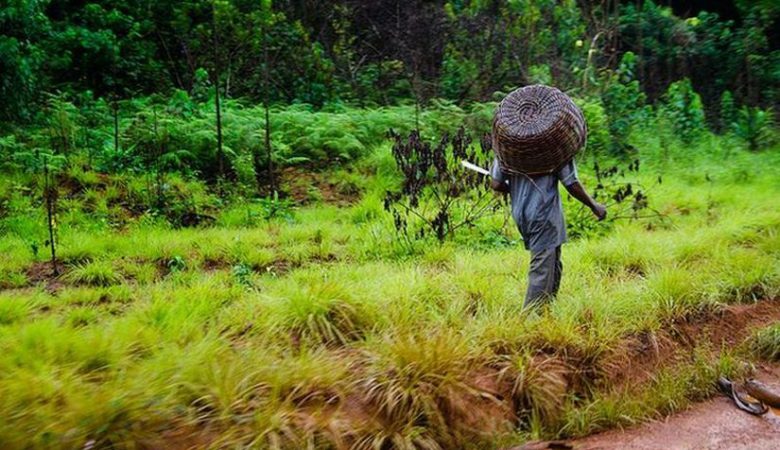Liberia Leading the Way in Securing Land Rights in Africa
The Liberian legislature is currently considering the Land Rights Act, legislation that will significantly improve the land rights of the nearly 4.6 million people in the West African country. Supported by President Ellen Johnson Sirleaf, the Land Rights Act would formally recognize that communities own their shared land under customary law.
Nearly 70% of Liberia’s population lives in a rural area, where the land is owned based on collective ownership. In the past, the Liberian government has failed to recognize the ownership of this land, treating residents more as squatters than as owners of the land. This has included giving out natural resources contracts on the land; allowing companies to extract the resources from the land without consulting those who lived there. Passage of the Land Rights Act would formally recognize that shared land is owned by the communities through customary law. This will strengthen the ability of land owners to make their own decisions about how their land should be used, and reduce the exploitation of their natural resources.
The lack of land rights in Liberia and other African countries has repercussions far beyond just the inability to privately own land. When farmers do not own their land, their investment horizons shrink, leading to decisions that seek to maximize short term profit while sacrificing long term growth. Instead of terracing fields or rotating crops to rejuvenate soil, farmers instead focus on intensive crop production in order to maximize their output. When land rights are protected, farmers are able to think in the long-run; economic growth does not have to be sacrificed for short term profits due to the risk of losing their access to the land.
According to Property Rights Alliance’s International Property Rights Index for 2017, Liberia has the 10th highest score in Africa for property rights protection. Liberia receives a high score for the registration of property, but a relatively low score for the rule of law. Having property or land registered is not beneficial if it is not enforceable through the rule of law. The Land Rights Act takes steps to make property rights more enforceable.
Liberia is one of the first nations in Africa to take steps to legislatively address the issue of insecure land rights. If successful, Liberia will go a long way to ensuring the protection of land rights of its citizens as well as a stronger base for economic growth in the future.
Photo Credits: http://bit.ly/2xyRUDb

